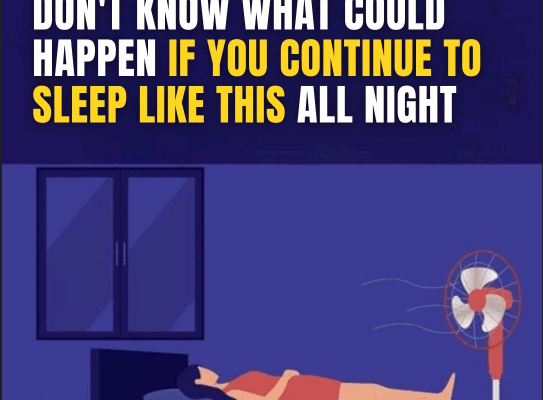Sleeping in a hot, stuffy room can make it difficult to fall asleep and stay comfortable. While fans are often used as an alternative to air conditioning, they may not be the ideal solution.
Studies show that cooler room temperatures (between 60–68°F) support deeper, more restorative sleep. However, sleeping with a fan may lead to several issues.
Fans circulate air that can spread dust and allergens, worsening allergies and causing sinus irritation.
The constant airflow may dry out your skin, eyes, throat, and nose, and may even cause muscle stiffness if the breeze hits one spot too long.
Some people also experience noise disturbances from fans, which can interrupt sleep, especially for light sleepers. Additionally, fans only move air—they don’t actually lower the room temperature. In hot weather, this makes them less effective than air conditioners or specialized cooling products. To stay cool, alternatives like cooling mattress pads, breathable bedding, blackout curtains, and proper hydration can help. Ultimately, while fans offer a temporary breeze, they may come with more drawbacks than benefits when it comes to maintaining restful, uninterrupted sleep.
